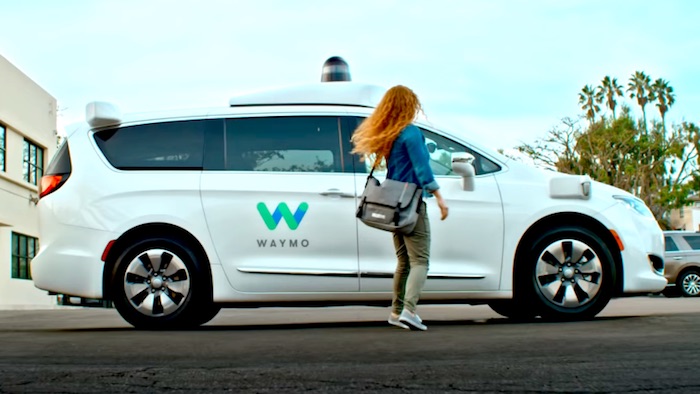
Waymo’s Robo-Taxi
Leading the Future of Autonomous Driving
Hello! Today, I want to talk about Waymo, which is at the forefront of the future of robo-taxis. Let’s explore the innovations and possibilities created by autonomous driving technology together. Enjoy our time! 🚗🤖✨

Introduction to Waymo Robo-Taxis
Waymo, a subsidiary of Google, is a leading company providing robo-taxi services through autonomous driving technology. It started as the Google Car (X) project in 2009 and now offers taxi services based on this technology. Waymo’s robo-taxis are vehicles that can drive themselves without a driver, garnering significant interest as a safe and convenient mode of transportation.
Basic Concept of Autonomous Driving Technology
Autonomous driving technology refers to the ability of a vehicle to drive itself without human intervention. It utilizes various sensors and algorithms to perceive the surrounding environment and make safe driving decisions. This technology reduces accidents caused by human error or lack of attention and enables efficient transportation by alleviating traffic congestion.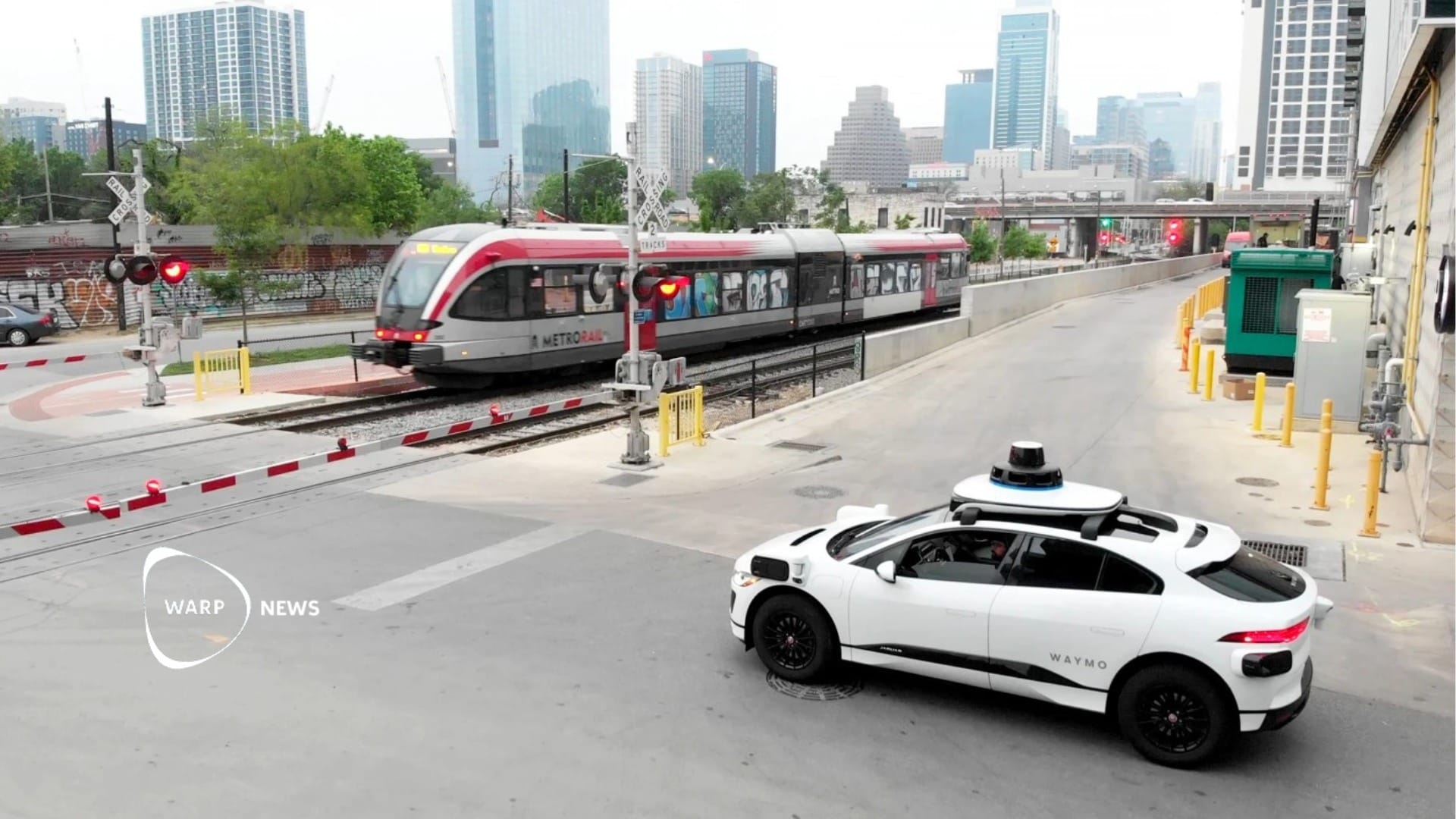
Waymo’s Technological Superiority
Waymo holds a leading position in the field of autonomous driving technology. They have developed advanced sensor systems using deep learning and artificial intelligence and utilize vast amounts of driving data to train their algorithms. As a result, Waymo’s robo-taxis exhibit excellent predictive capabilities and response times, allowing them to drive safely under various road conditions.
Systems for Safety and Reliability
Waymo prioritizes safety and reliability. Their autonomous driving system continuously monitors the surrounding environment using various sensors and detects potential hazards in advance. Additionally, through the learning and improvement of algorithms, they enhance the vehicle’s response speed and driving safety. This system provides a high level of safety for Waymo’s robo-taxis.

Real-World Operation Cases of Waymo Robo-Taxis
Waymo’s robo-taxis are already operating on real roads. For example, in the Phoenix area of Arizona, Waymo provides autonomous taxi services to the general public. Many people are experiencing safe and convenient travel using Waymo’s robo-taxis.
Future Changes Brought by Autonomous Driving
Autonomous driving technology is expected to bring significant changes to the transportation industry and urban living. For instance, the absence of human drivers may reduce traffic congestion, and vehicle distance maintenance and coordination can enhance traffic safety. Furthermore, the emergence of services like robo-taxis will decrease the need for personal vehicle ownership and promote shared transportation.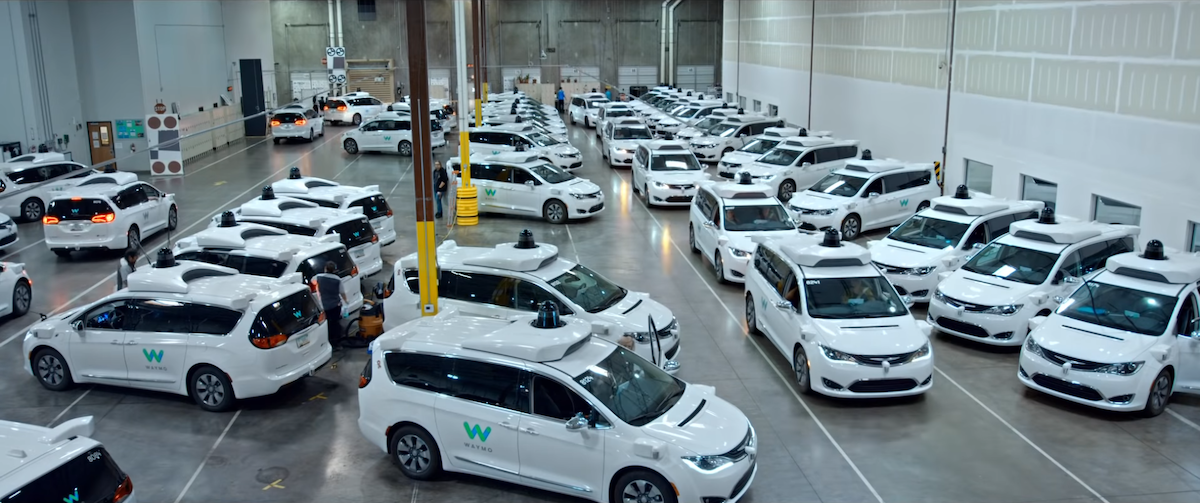
Differentiation Between Waymo and Competitors
Waymo competes with strong rivals in the autonomous driving sector. However, Waymo seeks to differentiate itself through its advanced technology and diverse real-world experience. Particularly, Waymo’s safety and reliability are recognized as valuable by many, which is a crucial reason for its leading position.
Regulations and Policies Related to Autonomous Vehicles
The commercialization of autonomous vehicles requires appropriate regulations and policies. Many countries and regions are currently establishing regulations and policies for autonomous vehicles, aimed at ensuring the safety and reliability of this technology. Waymo actively collaborates with these regulations and policies to contribute to the development of the autonomous vehicle industry.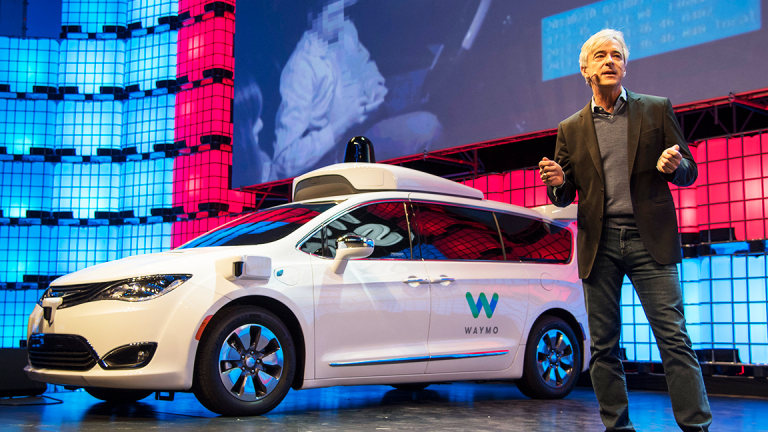
What are the challenges faced by self-driving taxi companies like Waymo?
- Regulatory Hurdles: Navigating complex and varying regulations across different regions can hinder deployment and expansion.
-
Safety Concerns: Ensuring the safety of passengers, pedestrians, and other road users is paramount. Any accidents or incidents can significantly impact public perception and trust.
-
Technology Limitations: While autonomous driving technology has advanced, it still struggles with complex driving environments, such as inclement weather, construction zones, and unpredictable human behavior.
-
Public Acceptance: Gaining public trust and acceptance of self-driving vehicles is crucial. Many people remain skeptical about riding in a vehicle without a human driver.
-
Operational Costs: High development and operational costs, including maintenance of the technology and fleet, can impact profitability.
-
Competition: The market is becoming increasingly competitive, with several companies vying for leadership in autonomous driving technology.
-
Data Privacy and Security: Protecting user data and ensuring cybersecurity against potential hacking or data breaches is vital for maintaining trust.
-
Insurance and Liability Issues: Determining liability in the event of accidents involving self-driving vehicles remains a complex legal issue.
-
Urban Infrastructure: Many cities may not be equipped with the necessary infrastructure to support widespread adoption of autonomous vehicles.
-
Ethical Considerations: Addressing ethical dilemmas that arise in decision-making scenarios during unavoidable accidents poses significant challenges.
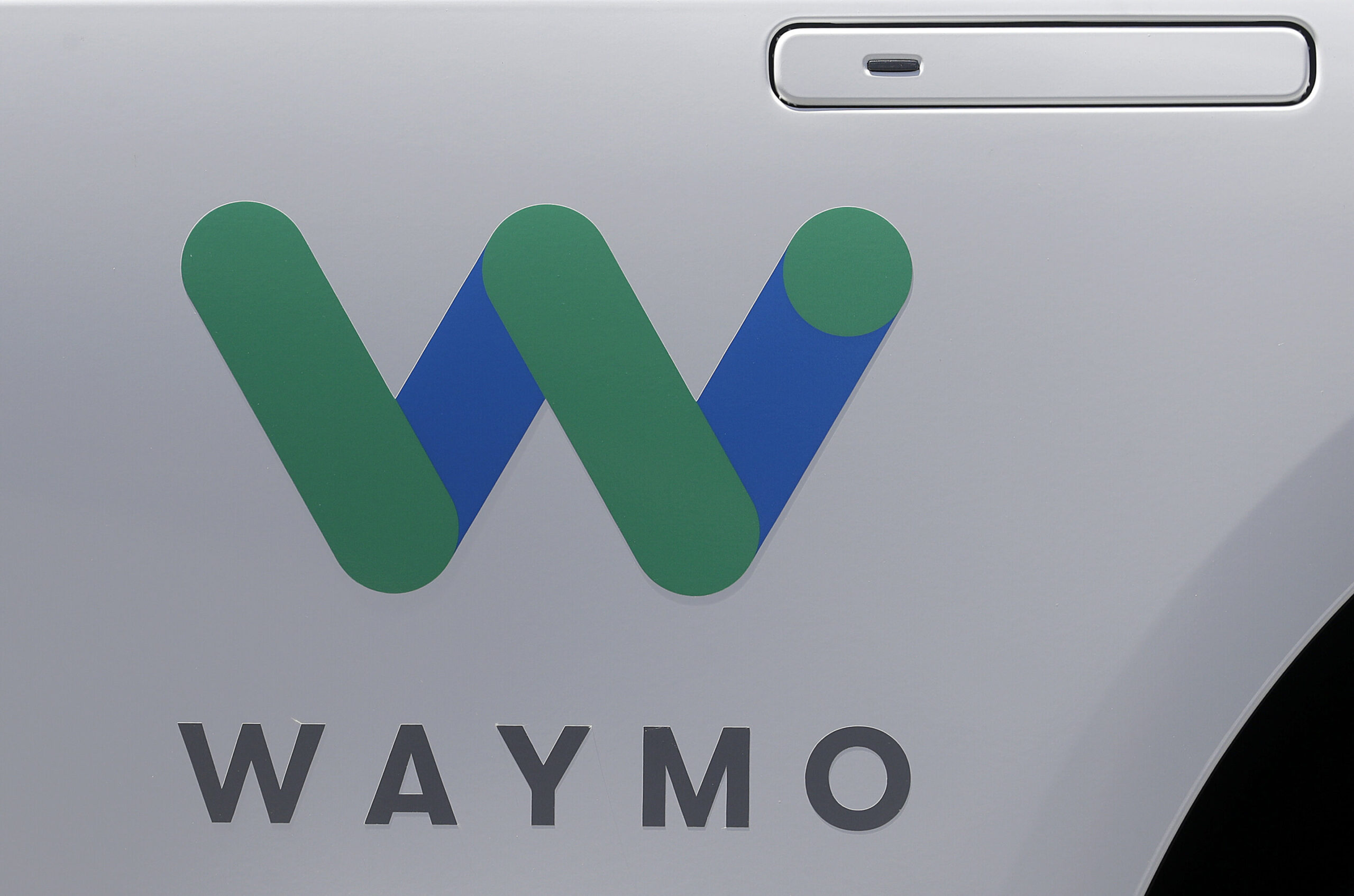
These challenges require ongoing innovation and collaboration with regulators, urban planners, and the public to overcome.
Autonomous driving technology is expected to bring innovation and change to the transportation sector. Waymo’s robo-taxis are recognized as a safe and convenient means of transportation, and they will continue to evolve, significantly impacting our daily lives. The development of the autonomous vehicle industry necessitates appropriate regulations and policies, and Waymo will do its utmost to support this effort. 🚗🌐


